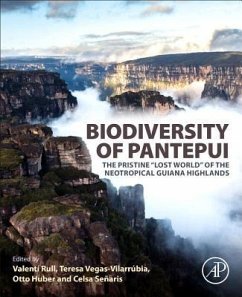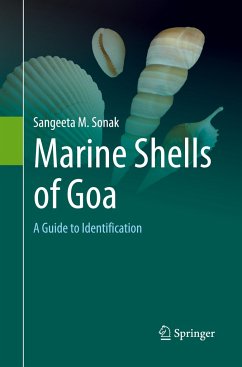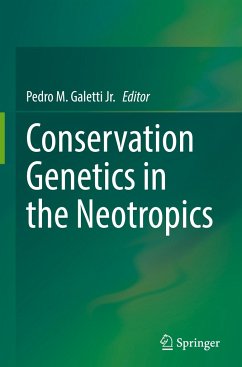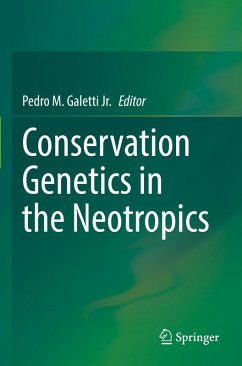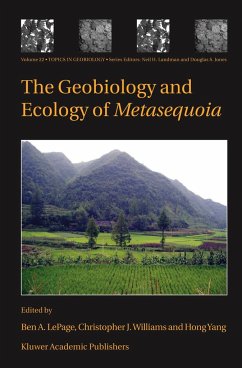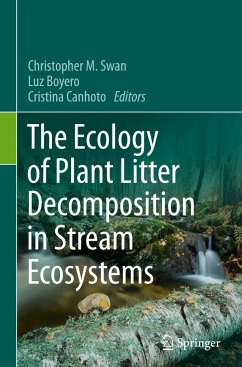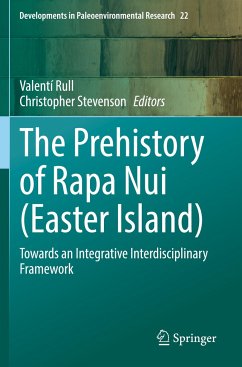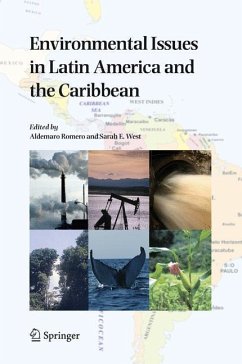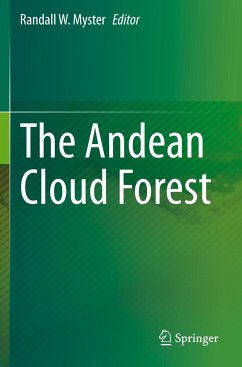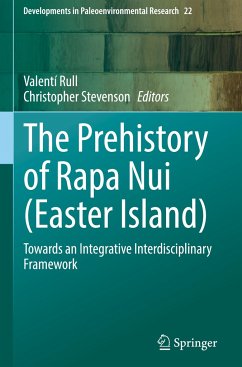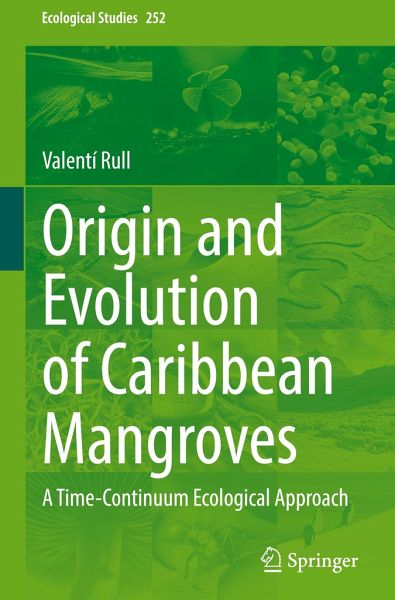
Origin and Evolution of Caribbean Mangroves
A Time-Continuum Ecological Approach

PAYBACK Punkte
54 °P sammeln!
This book provides a comprehensive, detailed, and coherent spatio-temporal account of Caribbean mangrove evolution from its evolutionary origins to the present that is not available for any mangrove region in the world. Mangroves are intertidal wetland forests that play a crucial role in the maintenance of terrestrial and marine biodiversity, and in the functioning of global biogeochemical cycles (especially the carbon cycle). These ecosystems dominate the tropical/subtropical coasts of all continents and are among the most threatened ecosystems in the world. This book combines all temporal sc...
This book provides a comprehensive, detailed, and coherent spatio-temporal account of Caribbean mangrove evolution from its evolutionary origins to the present that is not available for any mangrove region in the world. Mangroves are intertidal wetland forests that play a crucial role in the maintenance of terrestrial and marine biodiversity, and in the functioning of global biogeochemical cycles (especially the carbon cycle). These ecosystems dominate the tropical/subtropical coasts of all continents and are among the most threatened ecosystems in the world. This book combines all temporal scales, from the geological to the ecological, to provide an integrated picture of mangrove history and the natural and anthropogenic drivers of ecological and evolutionary change. This may be useful not only for understanding the current ecological status of these emblematic ecosystems, but also for informing their conservation in the face of ongoing global change.



